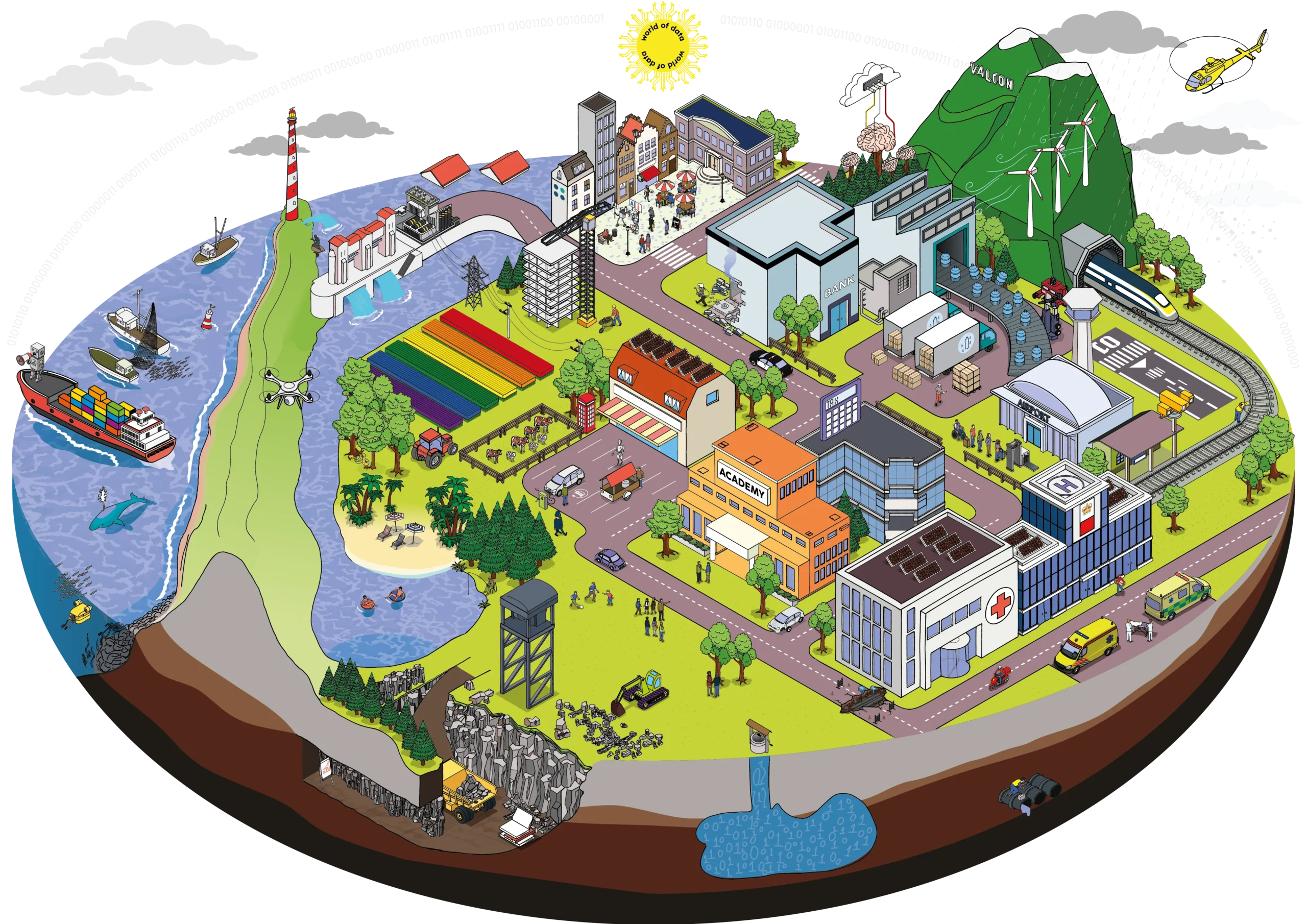Situation
Like similar companies in the real estate sector, Locum experienced challenges due to neglected digitalisation. This resulted among others in difficulties with making information available for business processes to work smoothly, systems lacked integrations, the architecture was unsystematic, IT support rarely met the business needs, and data-driven innovation was difficult. A lot of information was manually moved between systems while the need for control of the overall property information and requirements for searchability and analysis increased.
Approach
An architectural framework and forum were established, and a consistent information model was introduced throughout the company. Requirements were modelled for a new document management system to create increased searchability for documents required in the business processes and to remove applications with overlapping functionality. A data warehouse was established to enable better and quality-assured information provision and automated management reports. A new support system was introduced for the contractors enabling them to perform, document and report their operations directly in Locum’s property system. Throughout the project, systematic changes, information work and agile methods were carried out to ensure long-term sustainable solutions.
Results
Today, the focus is on new and innovative solutions that are made possible by building a solid digital foundation.













